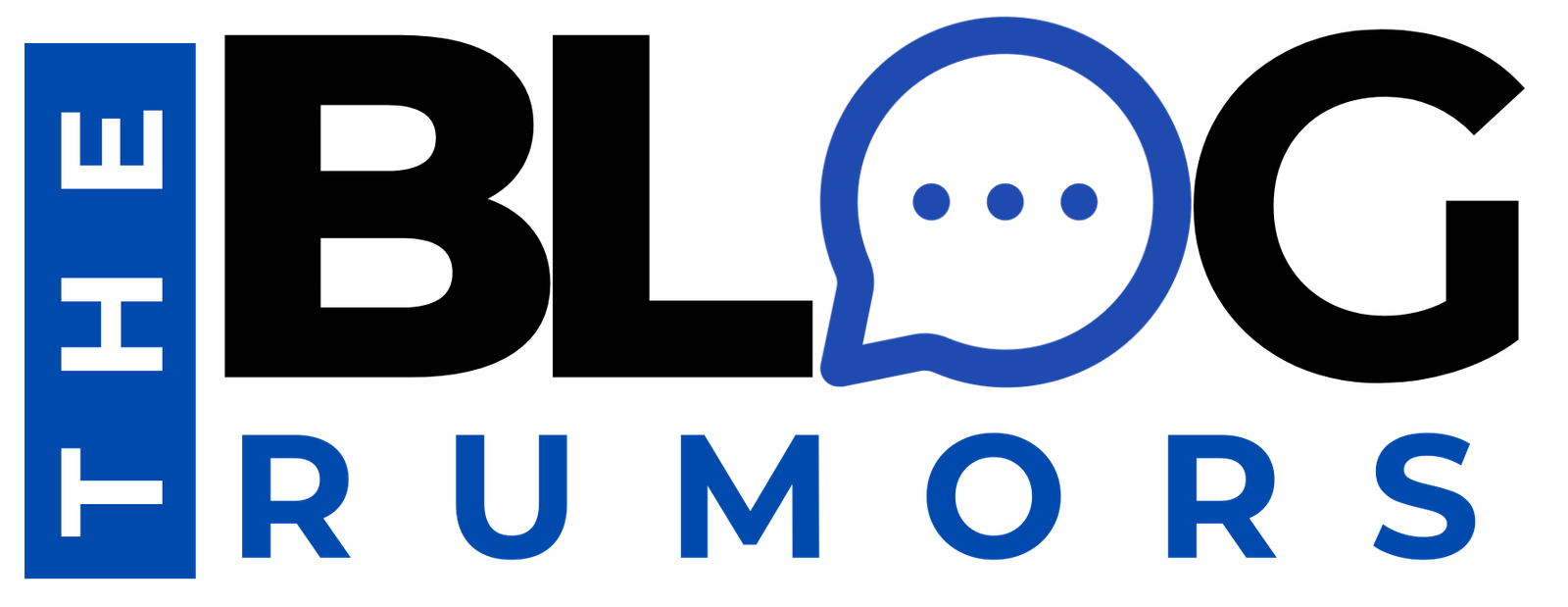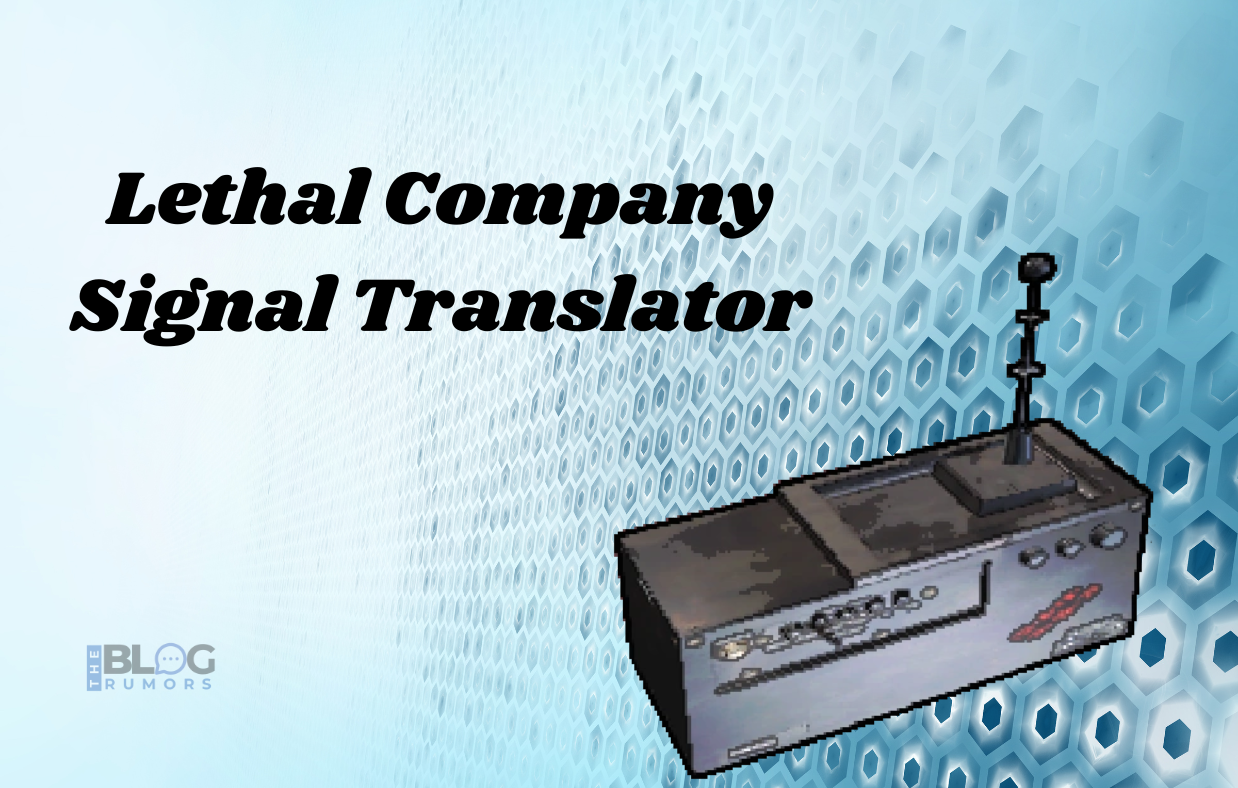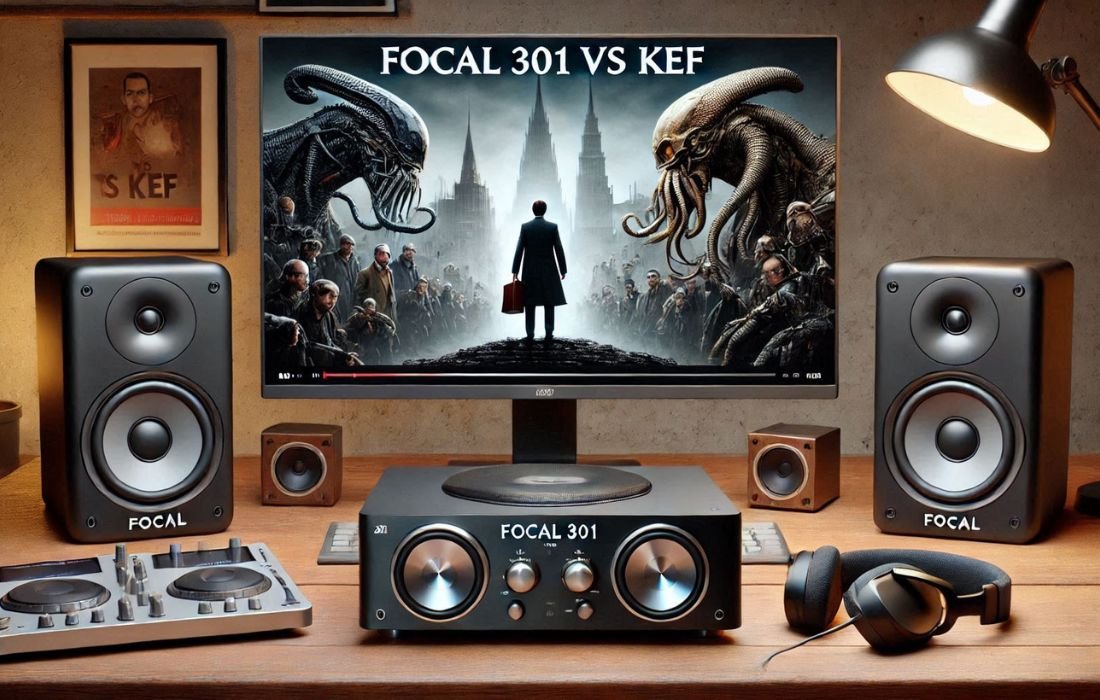The Lethal Company Signal Translator is an important tool that is used in many fields to make contact and data conversion between different signaling protocols easy. This guide will go into great detail about the Lethal Company Signal Translator. It will talk about what it is, how it works, its history, its uses, its pros and cons, how to keep it in good shape, its future, and where you can find out more about it.
What is the Lethal Company Signal Translator?
The Lethal Company Signal Translator is a unique gadget that makes it easy for different signaling systems to talk to each other. It converts messages from one protocol to another so that systems and devices that speak different “languages” can talk to each other without any problems or data loss. In fields like telecommunications, defense, aerospace, and industrial robotics, where many systems need to talk to each other in real time, the translator is a must.
It is very important to translate signals because many systems use private or industry-specific protocols that don’t work with each other. As a bridge, the Lethal Company Signal Translator changes signals into a format that all systems linked to it can understand. In the telecommunications business, for example, it might change data from one digital format to another so that networks with different architectures can work together without any problems.
How the Lethal Company Signal Translator Works
For the Lethal Company Signal Translator to work, it needs to be able to read and change data between different protocols. At its core, the device uses complex algorithms and protocols to look at incoming signals, figure out what they mean, and change them into a format that the system getting them can understand. There are several steps to this process:
- Receiving Signals: A source device, such as a sensor, driver, or any other system, sends signals to the translator.
- Data Interpretation: Once the signal is received, the translator uses factors that have already been set up for the signaling protocol to figure out what the data means.
- Conversion Process: Once the signal has been understood, the translator changes it into the target protocol, making sure it works with the system that is getting it.
- Transmission: Finally, the signal that has been translated is sent to the destination device, which makes communication possible.
The translation process happens in real time, which means that data can be sent instantly. This is very important in places where timing is important, like automatic manufacturing lines or emergency response systems.
The Origins and History of the Lethal Company Signal Translator
Since it was first released, The Lethal Company Signal Translator has changed a lot. With the rise of digital contact in the late 20th century, the idea of signal translation came about. In the past, communication systems were often separate and used their own methods, which made it hard for them to work with each other.
As technology improved, people wanted systems that worked better together, which led to the creation of signal interpreters. Because the Lethal Company saw a need for this, they started making signal converters in the early 2000s. The company’s main goal was to make durable devices that could work with many protocols and be used in a wide range of industry settings.
Several years of progress in technology, like better microprocessors and more efficient algorithms, have made signal interpreters much better at what they do. The Lethal Company has kept coming up with new ideas by adding things like real-time data processing, better security protocols, and easy-to-use interfaces to its products.

Also Read More: geekzilla.tech de donde son
Real-World Applications of the Lethal Company Signal Translator
The Lethal Company Signal Translator can be used in a lot of different real-world situations and in a lot of different businesses.
- Telecommunications: The translator makes it possible for networks to talk to each other, so users on different platforms can easily send text messages and data.
- Signal translators are used by the military to make sure that different types of communication systems, like radar and satellites, can share data, which is very important for mission success.
- Aerospace: In aerospace, signal translators are very important for aircraft systems because they let different sensors and tools talk to each other and share important flight data.
- Industrial Automation: In manufacturing, these translators help connect different machines and control systems, which improves the efficiency and effectiveness of production processes.
- Healthcare: Signal translators make it easier for medical devices and hospital information systems to talk to each other. This makes sure that accurate data management and tracking of patients are possible.
The Pros and Cons of the Lethal Company Signal Translator
The Lethal Company Signal Translator has pros and cons, just like any other device.
Pros:
- Interoperability: The main benefit is that it can connect different systems, which makes them work together and talk to each other better.
- Real-Time Processing: The translator works in real time, which means that data is sent and received instantly.
- Versatility: It works with many standards, so it can be used in many different fields and situations.
- Scalability: The device can be changed to fit different business needs, from small sets to big, complicated ones.
Cons:
- High-quality signal translators can be pricey, which might keep smaller businesses from buying them.
- Complexity: Setting up and setting a signal translator can be hard and need specific skills and knowledge.
- Maintenance: Regular maintenance is important to ensure optimal performance, which can incur additional costs and resources.
- Problems with Compatibility: Even though they are flexible, they might still have problems working with some older systems or special protocols.
Maintaining and Troubleshooting the Lethal Company Signal Translator
For the Lethal Company Signal Translator to work at its best, it needs to be serviced and fixed on a frequent basis. Here are some ideas:
- Regular Updates: Make sure the hardware and software on your device are always up to date to get the newest features and better security.
- Routine Inspections: Make sure all links are safe and working properly by checking them from time to time. Cords and fittings should not show any signs of wear and tear.
- Backing up configurations: Regularly back up the setup settings to restore the system quickly in case of failure.
- Tracking Performance: Keep an eye on the translator’s work with tracking tools and look for any strange patterns or problems.
- Documentation: Write down clearly all the settings you make, the changes you make, and the steps you take to fix problems. This will help figure out what’s wrong in the future.
If something goes wrong, you can try the following steps to fix it:
- Check the Connections: Make sure that all of the wires and connections are tight and not broken.
- Check the error logs: Check the error logs on the device to see if there were any special problems.
- Clear the device: Most of the time, an easy reset can fix small problems.
- Talk to Technical Support: If problems keep happening, calling technical support can get you specialized help.
Future Outlook for the Lethal Company Signal Translator
The Lethal Company Signal Translator has a bright future because technology keeps getting better. As the Internet of Things (IoT) grows and more systems need to be linked, the need for good signal translation will only increase. Here are some trends we think will happen:
- Better integration of AI: In the future, models might include AI to make data processing, predictive analytics, and automatic troubleshooting better.
- More security features: Because cyber threats are growing, future signal translators will probably put strong security features to keep private data safe.
- Better User Interfaces: As usefulness grows, future devices may have easier-to-understand interfaces that make them simpler to set up and control.
- Focus on environmental: To meet global environmental goals, the industry may move toward models that use less energy.
- More Uses in More Industries: As technology advances, signal translators will find new uses in areas like smart cities, self-driving cars, and advanced robots.
Where to Learn More About the Lethal Company Signal Translator
To learn more about the Lethal Company Signal Translator and how it can be used, the following tools can be helpful:
- Main Website of the Lethal Company: The main website of the company has technical specs, user guides, and case studies for all of its products.
- Webinars and conferences for the industry: Going to events for your business can help you learn about the newest technologies and trends in signal translation.
- Online Communities and Forums: You can get useful tips from other users by participating in forums about things like defense, industrial robotics, and telecommunications.
- Publications and journals for technical people: You can learn more about signal translation technology and stay up to date on changes in the field by reading articles and study papers on the subject.
- Training Courses: A lot of companies offer training courses on how to process signals and integrate systems. These courses can give you real-world experience and useful information.
Conclusion
The Lethal Company Signal Translator is a great way for different signaling systems to talk to each other. Because it makes interoperability easier, it is important in many fields, from aircraft to telecommunications. Organizations can make smart choices about adopting this technology if they know how it works, what it can be used for, and its pros and cons. As technology keeps getting better, the Lethal Company Signal Translator will definitely be a key part of shaping the future of linked systems, fostering innovation, and making businesses more efficient across all fields.
Also Read More:East Bay Times





